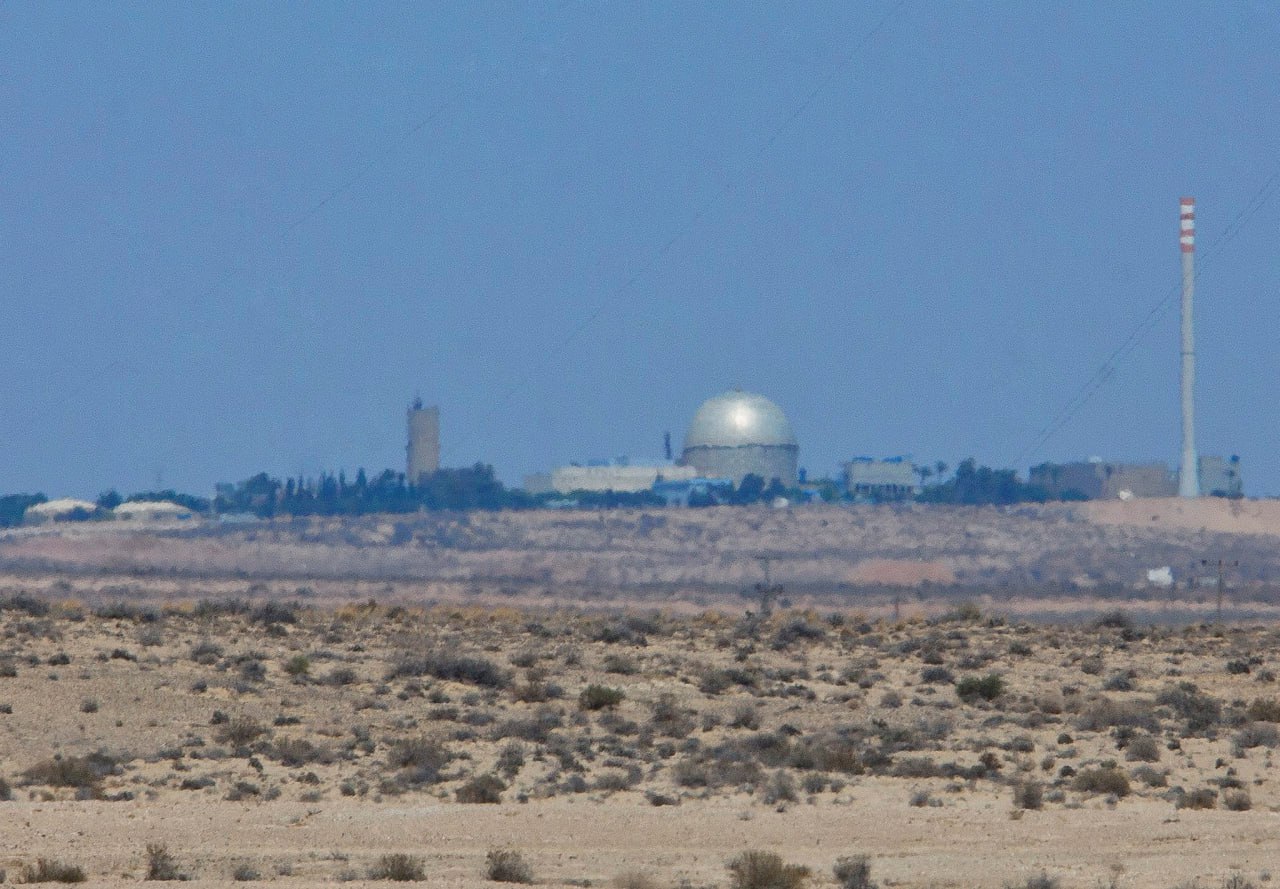Iran Secures Trove of Israeli Nuclear Documents in Major Intelligence Breakthrough
In a stunning intelligence coup, Iran has reportedly acquired a massive cache of sensitive Israeli documents, including thousands of files related to Israel’s nuclear infrastructure and strategic plans. According to the Islamic Republic of Iran Broadcasting (IRIB), the operation marks one of the most significant intelligence breaches Israel has faced in recent years.
Sources close to the matter told IRIB that Iran’s intelligence agencies managed to secure the documents during a covert operation executed some time ago. However, due to the highly sensitive nature of the material and the risks associated with its secure transport into Iran, the information was withheld from the public until now.
The acquired trove is said to include not only text-based files but also a substantial collection of photographs and videos. These materials reportedly shed light on various aspects of Israel’s clandestine nuclear capabilities, potentially exposing critical vulnerabilities within its national security framework.
Experts suggest that the intelligence haul could reshape the regional strategic landscape, particularly amid growing tensions between Israel and the so-called Axis of Resistance, which includes Iran and its allied groups in Lebanon, Syria, Iraq, and Yemen. If verified, this leak may place Israel under significant pressure both domestically and internationally.
Officials familiar with the documents emphasize that it has taken Iran’s analysts a considerable amount of time to review and interpret the vast volume of data. They describe the content as not only technically detailed but also indicative of broader Israeli defense strategies, including contingency protocols and nuclear deployment considerations.
While Israeli authorities have not yet issued an official response to the allegations, regional analysts believe that the disclosure may prompt an urgent internal review within Israel’s intelligence and cybersecurity agencies. Some speculate that this could rival or even exceed the magnitude of previous breaches such as the 2018 Mossad raid in Tehran.
The revelation comes at a time of heightened geopolitical friction in the Middle East, with the risk of miscalculation or escalation higher than ever. How Israel and its allies respond to this disclosure will likely determine the trajectory of regional diplomacy and security in the months ahead.







